This is the pitch for my first novel, given to literary agent Broo Doherty of DHH Literary Agency in April 2017 at a sort of literary speed dating at a swanky Piccadilly private members club.
I’m up there in the photo, sweating away.
This is a tale of 2 parts; because there are wounds that harm and wounds that heal.
And we all have our wounds. Maybe from a domineering mother or abandonment by a father. Maybe we were born brilliant but at the wrong things, or in the wrong place or time. Or born into such poverty that there is no opportunity to develop or use our gifts, condemning us to a life of routine and drudgery.
But imagine if we were thrown a lifeline. A way to clamber out of our hole. This is what happened to the young Kishgilli who, slipping the noose-grip of his provincial life, fights hard for, and wins an opportunity to study in an illustrious big-city Medresseh in the world-famous capital of Ottoman learning; a once-in-a-lifetime chance to placate his fault-finding mother, compensate for his father’s absence and save a community under siege.
Even at the top of our game though, our wounds are still there. What would it take for this darkness to rise to the surface and become the destructive driving-force in our lives? Loss of status, a cherished dream? The death of a best friend? Or to find our lives and that of our community under mortal threat from an enemy?
And could we say, without doubt that, if we suffered these losses – as Kishgilli is about to – and guided by our pain, we wouldn’t be capable of the sorts of acts that we see and condemn every day in Syria and Iraq? Of terrorism? Of martyrdom?
For despite Kishgilli’s goodness and nobility, when his dreams of liberating his people are crushed and he loses a cherished friend, his darkness wins out, propelling him into an act of martyrdom that kills him and orphans a 7year old girl called Zeynep.
But as I said, this is a tale of two parts; and whilst it’s true that our wounds can harm others, it’s also true that wounds can be healed. And in our healing, others can be lifted out of their darkness, too.
For Zeynep, the grief of losing her parents is so intense that it begins to consume her. She comes to realise that her life will be led by her pain, unless she chooses to heal it, to forgive.
Falling in love with Kishgilli’s nephew, Suleiman seems to provide the incentive Zeynep needs to forgive. Until, that is, she discovers that Suleiman, like his uncle Kishgilli has come to her village on a mission of revenge.
What would you choose? To save Suleiman and forgive his people? Or your loyalty to, and defence of your own?
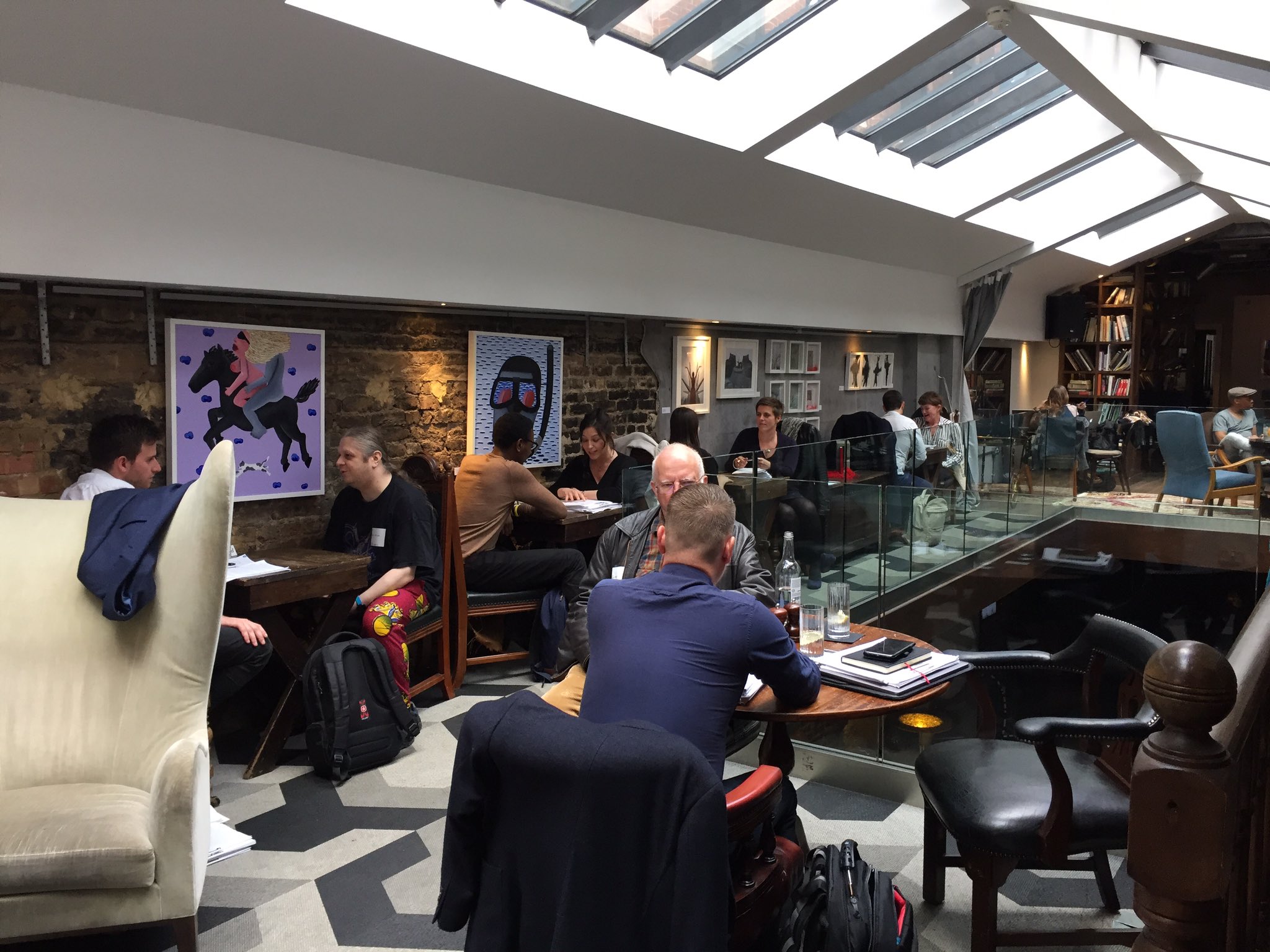

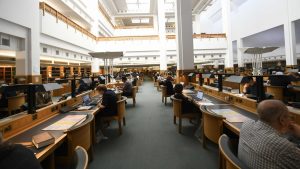
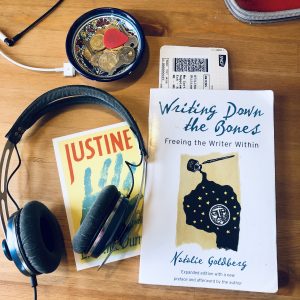

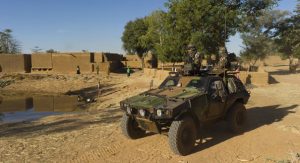
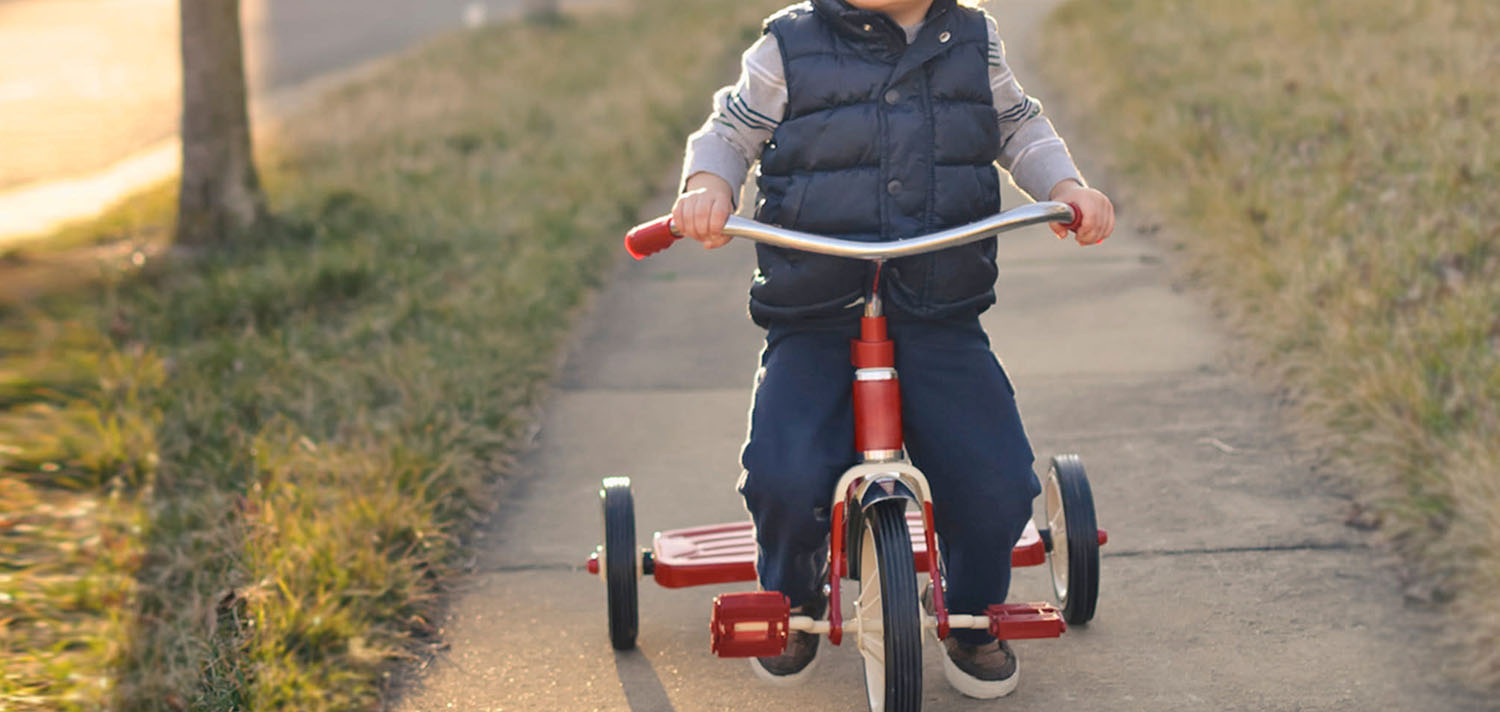
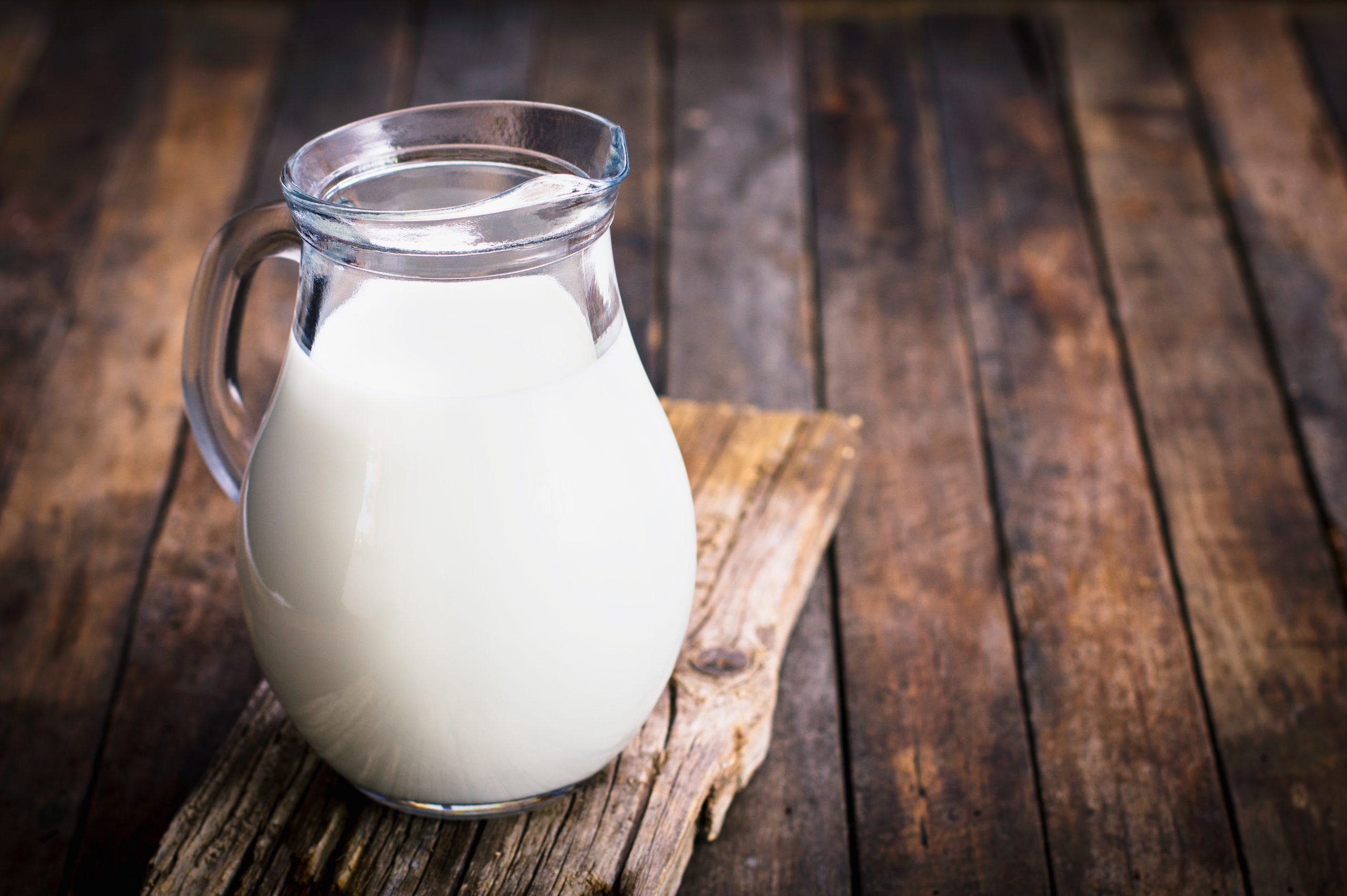

0 Replies to “Wounds that Harm, Wounds that Heal”